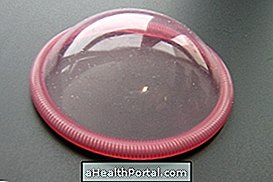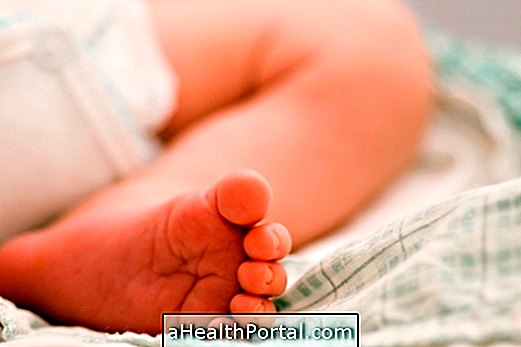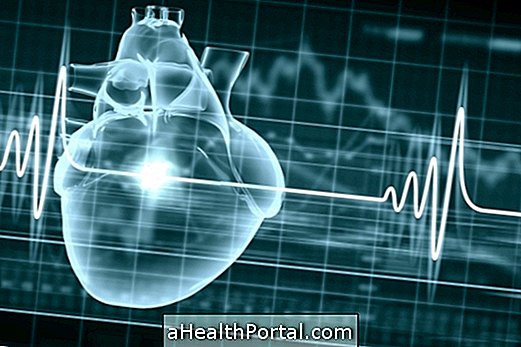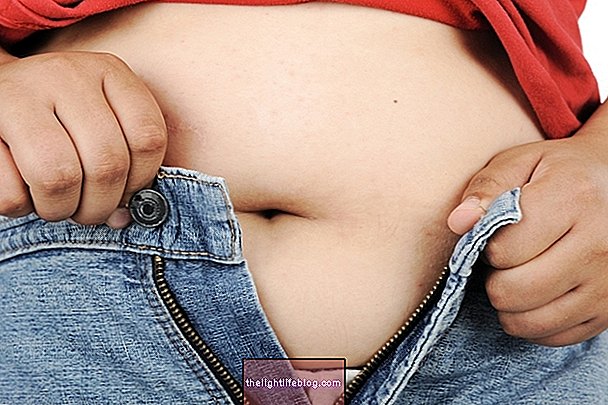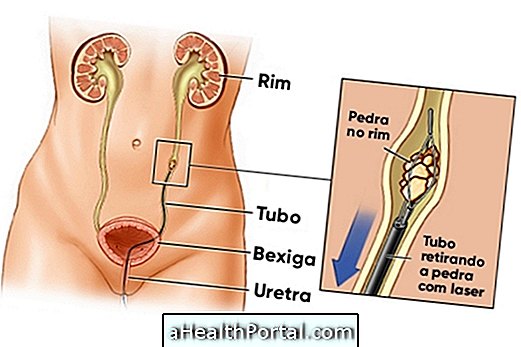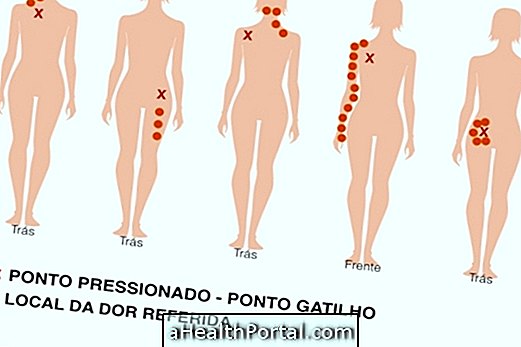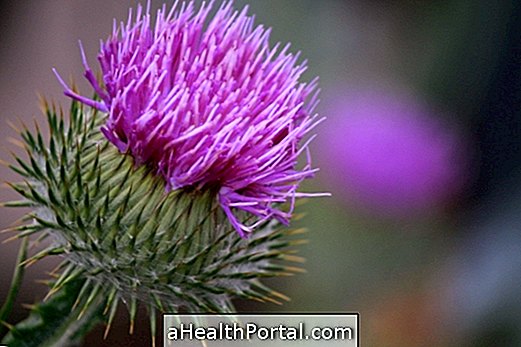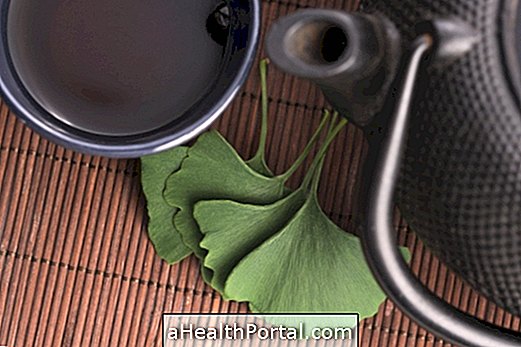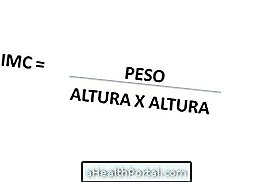The female fertile period is the ideal time for the woman to become pregnant. It lasts approximately 6 days, and is the phase of the month in which the woman is ovulating. The fertile period begins 14 days before menstruation descends, in a woman who has regular menstruations every 28 days.
During the fertile period, which lasts for approximately 6 days, the mature ovum leaves the ovary to the fallopian tubes towards the uterus and can be penetrated by a spermatozoon, initiating a pregnancy. This is the moment of conception.
Signs of the fertile period
It is easy to identify a woman's fertile period because she has signs or symptoms such as:
- Vaginal mucus without odor, clear and transparent as egg white
- Slightly elevated body temperature
These symptoms occur because the woman's body is preparing to welcome a baby. With more liquid and clear vaginal mucus, sperm can swim more easily and body temperature rises due to the body's own effort to mature and direct the egg to the fallopian tubes.
When there is no fertilization, that is, when the egg is not penetrated by a spermatozoid, it dies and breaks down gradually, being eliminated also in the menstruation. Although the egg is small, the organism prepares a kind of nest to house the supposed fetus and, when this does not occur, all the blood that was part of the "nest" exits through the vaginal canal in the form of menstruation along with the microscopic ovum not fertilized.



